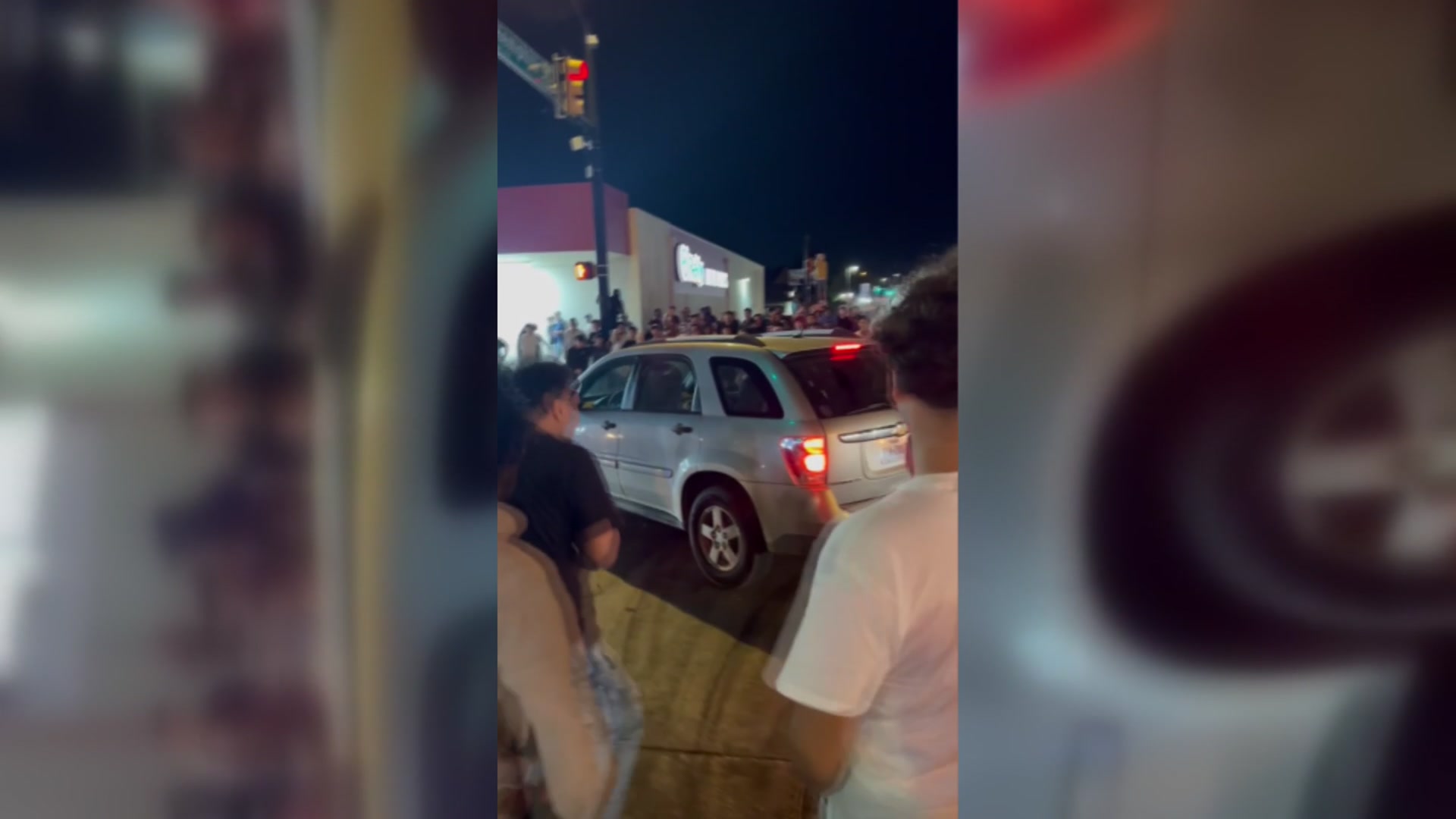Recent research by the National Highway Traffic Safety Administration claims that annual estimates for the number of people killed in crashes caused by drowsy driving may be vastly underestimated.
Official statistics from NHTSA from 2015, the most recent year from which data is available, indicate more than 72,000 police-reported crashes involved drowsy drivers. These crashes led to 41,000 injuries and more than 800 deaths, according to a report released this week.
However, those numbers are, an estimate, according to the report. And they could be a conservative.
“Some researchers feel this may still be an underestimate and that there may be more than 8,000 deaths attributable to drowsy driving each year,” the report reads.
Doug Shupe of AAA Texas told NBC DFW that a difficulty of trying to prevent drowsy driving is that drivers do not realize the danger they put themselves in.
“Too often people think, ‘I’m not going to fall asleep at the wheel. I’m going to know when I get to be too tired to drive,’” Shupe said. “Unfortunately, we cannot rely on our own bodies for those warning signs.”
The NHTSA report highlights multiple areas to combat the problem of drowsy driving:
Local
The latest news from around North Texas.
Research and Development
• Expand and share crash risk research using converging methodologies (e.g. naturalistic, case-control studies, crash investigations, mobile technologies)
• Improve crash reporting
• Document the economic impact of drowsy driving
• Research and develop new methods for detecting fatigue and sleep restriction (e.g. biomarkers)
Partnering with Public and Private Stakeholders
• Evaluate effectiveness of new and existing laws
• Evaluate effectiveness of corporate fatigue management policies
• Develop fatigue-risk-management programs for high-risk professions such as EMS and public safety
• Explore potential of graduated driver licensing
• (GDL) laws for reducing drowsy driving
• Facilitate regular engagement of the sleep science community with corporations and the insurance industry
• Provide technical assistance for State policy and program actions based on identified problems
Public Education and Awareness Needs
• Develop new education and awareness campaign material
• Promote integration into driver licensing manuals and exam questions
• Examine the effectiveness of education efforts in New Jersey and Arkansas regarding existing laws to affect social norms
• Conduct broad public health campaign on sleep and health
• Promote corporate wellness programs
Vehicle Technology Needs
• Promote research and development of drowsiness detection, alerting, and vehicle response systems
• Educate consumers on use of new vehicle technology that will help prevent drowsy-driving crashes
• Encourage adoption of collision avoidance technologies



